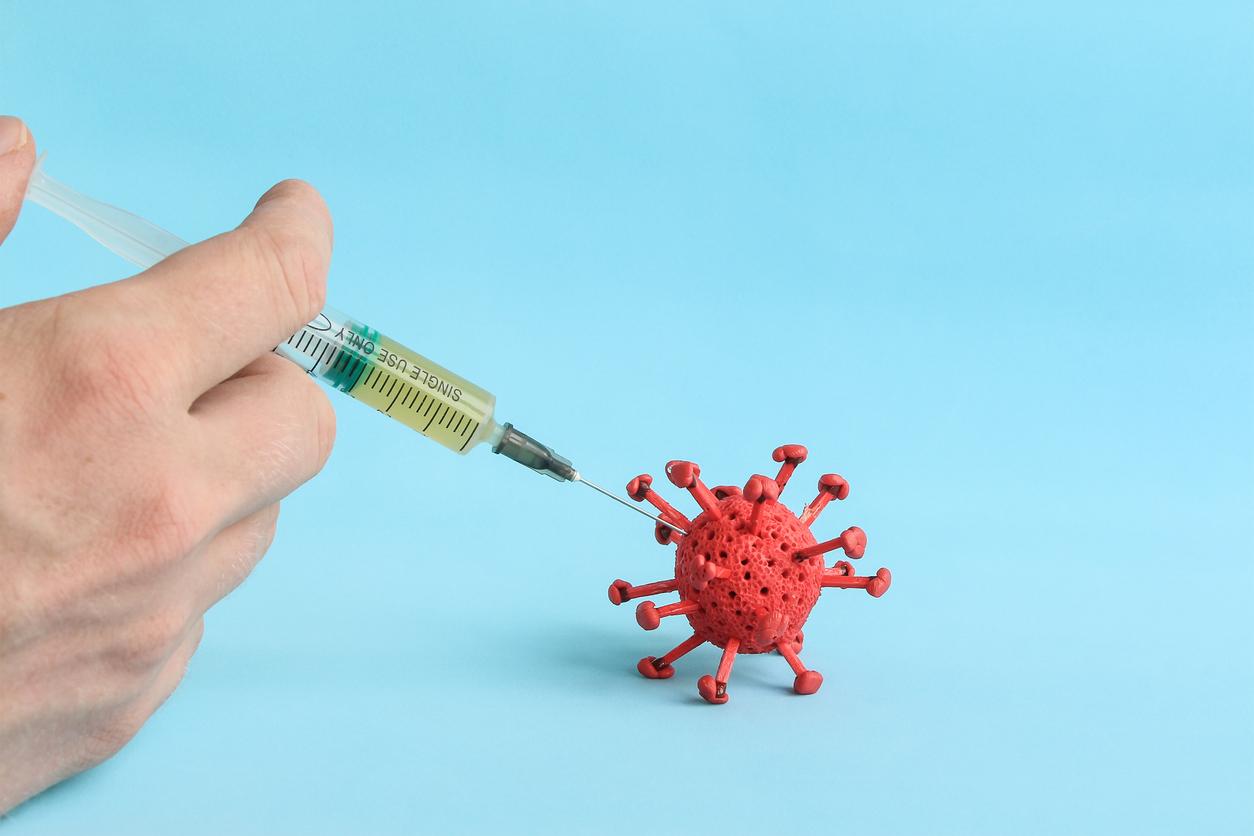Confidence in generic medicines is progressing. However, all is not yet won. To overcome the remaining doubts of the French on the issue, Health Insurance, the Ministry of Solidarity and Health and the National Agency for the Safety of Medicines and Health Products (ANSM) are launching, on September 22, a national information campaign. The opportunity to take stock of generic drugs, their particularities and their effectiveness.
What is the difference between generics and brand name drugs?
When a drug patent expires, usually after about fifteen years, it falls into the public domain, making it possible to market its generic. This is a drug made from the same active ingredient, that is to say of the same molecule as the original one (also called princeps). However, the generic drug may show differences in shape, size or even the excipient, which gives a color, a taste or consistency to a drug, but which has no therapeutic activity.
What about the effectiveness of generics?
To obtain its marketing authorization (MA), a generic must prove its bioequivalence with the original medicinal product: the quantity of active principle available in the blood and the speed at which this principle reaches the bloodstream must be similar to those of the princeps. This bioequivalence is the guarantee of the effectiveness of the generic drug.
Are generics also safe than brand name drugs?
Generics are sold on average 30% cheaper than originators, and have thus made it possible to save 7 billions euros in five years in France, according to the Ministry of Health. A sum which makes it possible to finance therapeutic innovations but also to make them accessible to all. Although cheaper than brand name drugs, generics meet the same safety requirements. During the various stages of their manufacture, they are controlled by the French and European health authorities in the same way as the originator. Generics are also very often designed on the same manufacturing sites as originators.
Are there any side effects specific to generics?
Generic drugs do not cause moreSide effects than brand-name drugs, but there are factors that can affect how well they are tolerated. An excipient which is found in a generic but which does not enter into the composition of the originator can thus cause undesirable effects. They are called the “known effect” excipients: lactose, peanuts or even aspartame can thus pose a problem if the patient is intolerant or allergic. But these excipients “with known effect” are indicated on the packaging of the drugs. Other factors, such as the lack of confidence of certain French people in generic drugs can also have an impact on the feeling of adverse effects, hence the importance of informing the general public and the medical profession on the subject.
Read also :
Generic drugs: effective or not?
Generic drugs are gaining ground
Generic drugs: the French still reluctant

















